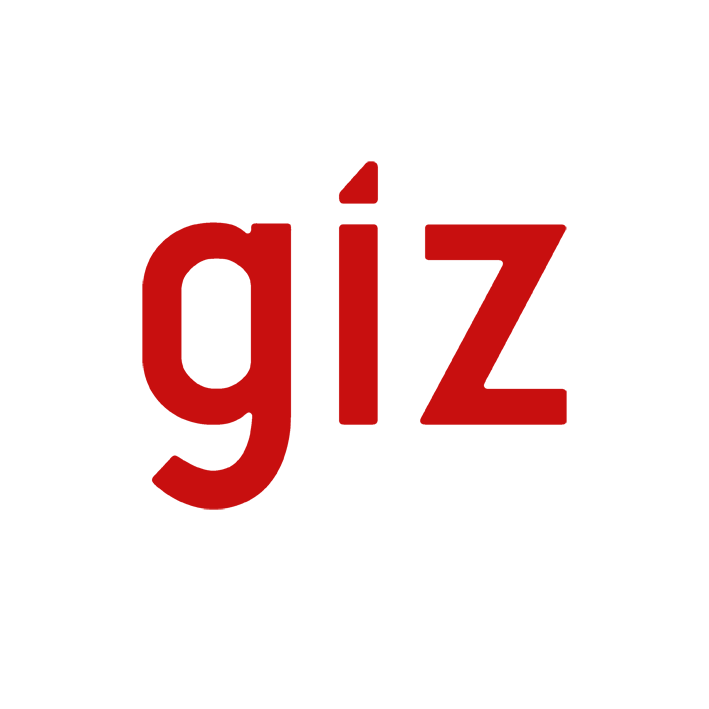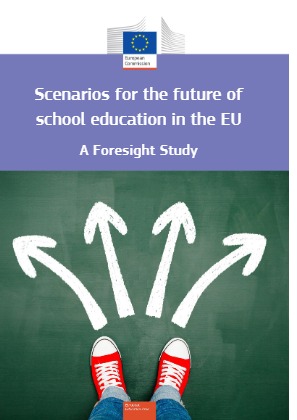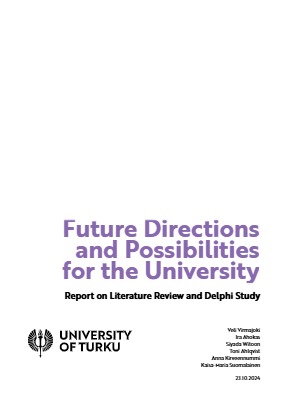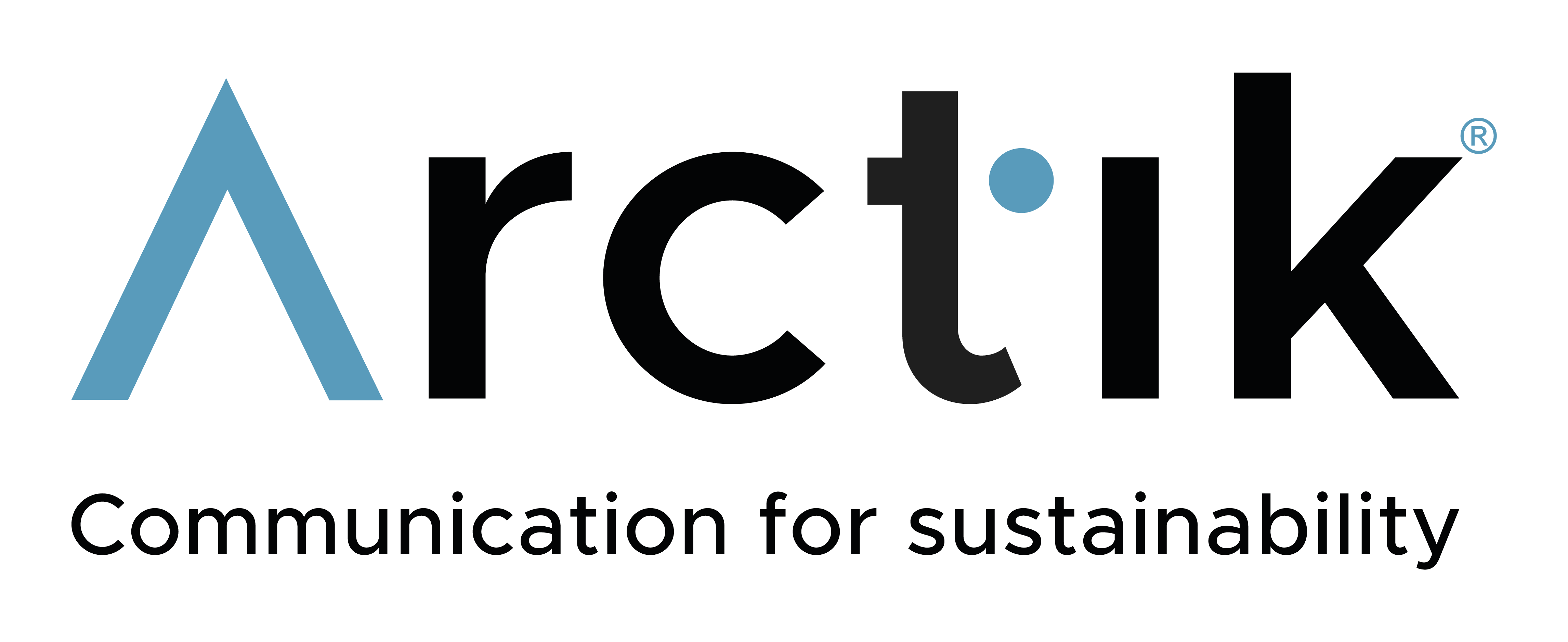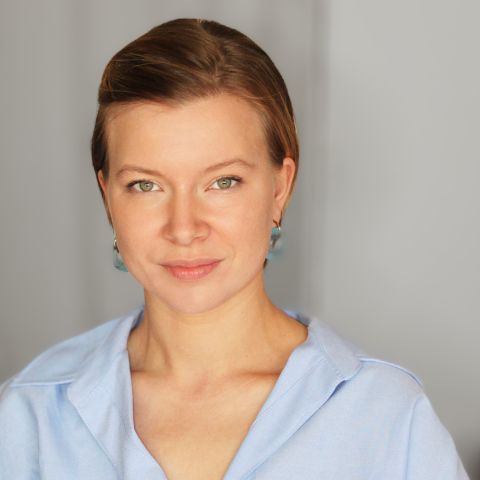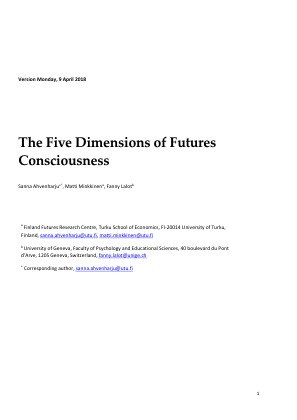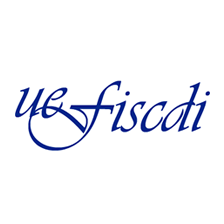Last Edited: a day ago
Constructing Scenarios for the Future of Teaching in WalesFebruary 2025
Source: OECD - Publications
After an extensive synthesis of the OECD’s existing work on the teaching profession over the years, the need to explore professional roles and identity became obvious. The roles and responsibilities of teachers have seen significant changes over the past decade. Education, childhood, labour markets and society as a whole have experienced considerable changes, prompting the need to think about the effects of changes on the teaching profession. The OECD Centre for Educational Research and Innovation (CERI) project on New Professionalism and the Future of Teaching project researched how professionalism has evolved, including the importance of working with others to confront increasingly complex contexts, so called “connective professionalism”. Based on the evidence base and ideas for next practice, the project developed a methodology to help diverse stakeholders in education to construct a shared vision on what the teaching profession could look like in the future.
This study in Wales (United Kingdom) is the second in a series of three education system studies conducted in 2023 and 2024. Various stakeholders, including teachers, school leaders, researchers, teacher educators, teacher unions, and professionals (potentially) supporting teachers and schools provided feedback on their ambitions for the future of teaching in Wales. Choosing among a set of ambitions to better connect teachers with other professionals within the school community, other education providers (such as universities and teacher education colleges) and broader society, they shared their judgements of what would be high priority and also how big a change this would be from the current context. Would it be an ambition for transformation over a period of many years? Or would it be possible to build on existing mechanisms or initiatives? Or could this ambition be achieved by improvements over the short term?
Different perspectives were gathered in two main ways. First, via an online survey. Second, via two stakeholder workshops in Bangor and Cardiff where a total of six working groups collectively constructed scenarios for the future of teaching. Each working group comprised individuals with different roles and responsibilities in or around schools. They worked with the results of the survey and selected priority ambitions to support their vision on the future of teaching. These provided stimulus for their discussions, but their specific visions grew out of a mutual exchange of professional experiences from different perspectives within and surrounding teaching in Wales.
Of course, this study in no way aims to be representative or comprehensive. It draws on the work of a group of willing professionals with a stake in Wales education who offered to share their expertise. This initial effort to anticipate and increase deeper, structured thinking about medium- and long-term scenarios for teacher professionalism and empowerment offers input on how to strengthen the teaching profession in Wales. Potential benefits for the system include long-term strategic thinking regarding the Welsh teacher workforce and finding solutions to issues that transcend the short term.
While constructing their scenarios for the future of teaching, stakeholders reflected on four research questions set for this study by the team at Welsh Government in consultation with the OECD.
How do we develop teacher professional identity and a more collaborative profession? The set of future scenarios envisage a focus on collective professional identity at a school level. There would be particular focuses on peer-to-peer interactions as well as school-to-school exchanges. Time and space would be provided to support a variety of exploration that involves building innovations, following passions and interests, engaging in shared learning, working with colleagues, communities and other partners.
How could a career development perspective for all staff in schools contribute to a vibrant and thriving workforce? Career development would be an integral focus to support the workforce. This would include visible and diverse career pathways that follow and invest in career journeys. Teachers would be supported to engage in their own professional growth journey and collaborations that enrich their professional work. Career pathways would allow for flexibility and lifelong learning opportunities that support a dynamic workforce.
How can all who work in schools encourage innovation and the examination of professional roles in schools as learning organisations? Valuing innovative practices requires alignment at all levels to define what innovation looks like at a school level. This includes strengthening collaborative practices that support reflection, experimentation, partnering and sharing. Support includes time and space to work as part of a professional community. It is important to build connections across innovations to reduce duplication of effort and to maximise shared learning.
And how could investment in the professional identity of teachers, especially in secondary schools, make the profession in those settings more attractive? Teachers should be able to align their intrinsic motivation to their teaching, keeping their practice closer to their professional interests and qualities, and having a sense of autonomy in their work. Investing in continuous, bespoke support and professional development enhances teacher well-being, strengthens their professional identity, and makes the teaching profession more attractive and rewarding. Meaningful development opportunities, recognition, and leadership roles enhances the profession’s appeal and fosters long-term commitment.
The OECD identified seven key elements that feature across a set of four preferred future scenarios for the future of teaching in Wales. Arguably, all would be important to the future of teaching and many are common to several of the scenarios. In particular, diverse professional roles and careers, healthy working environment, school leadership, community support/ partnerships, school-university partnerships, innovation and communication feature to some extent across all four scenarios. Governance and accountability were explicitly featured in three scenarios.
The study also underlines the importance of thinking in more nuanced ways about the existing teacher workforce and potential new recruits. There is a rich diversity of professionals working within schools in Wales, with different motivations, life phases, passions, ambitions and professional development needs. An evidence-informed set of seven Welsh teacher personas provides input to stress test the set of future scenarios. What would different teachers find attractive in the future scenarios that were developed? Would it be particularly attractive to experienced teachers? Would newer recruits hold some reservations? Would it match what younger people will be looking for in their working lives? Overall, the Welsh teacher personas responded positively to the suggested scenarios for the teaching profession in Wales.
This report presents results of the initial reflection and provides tools to extend the exercise going forward.
Posted on: 15/04/2025









